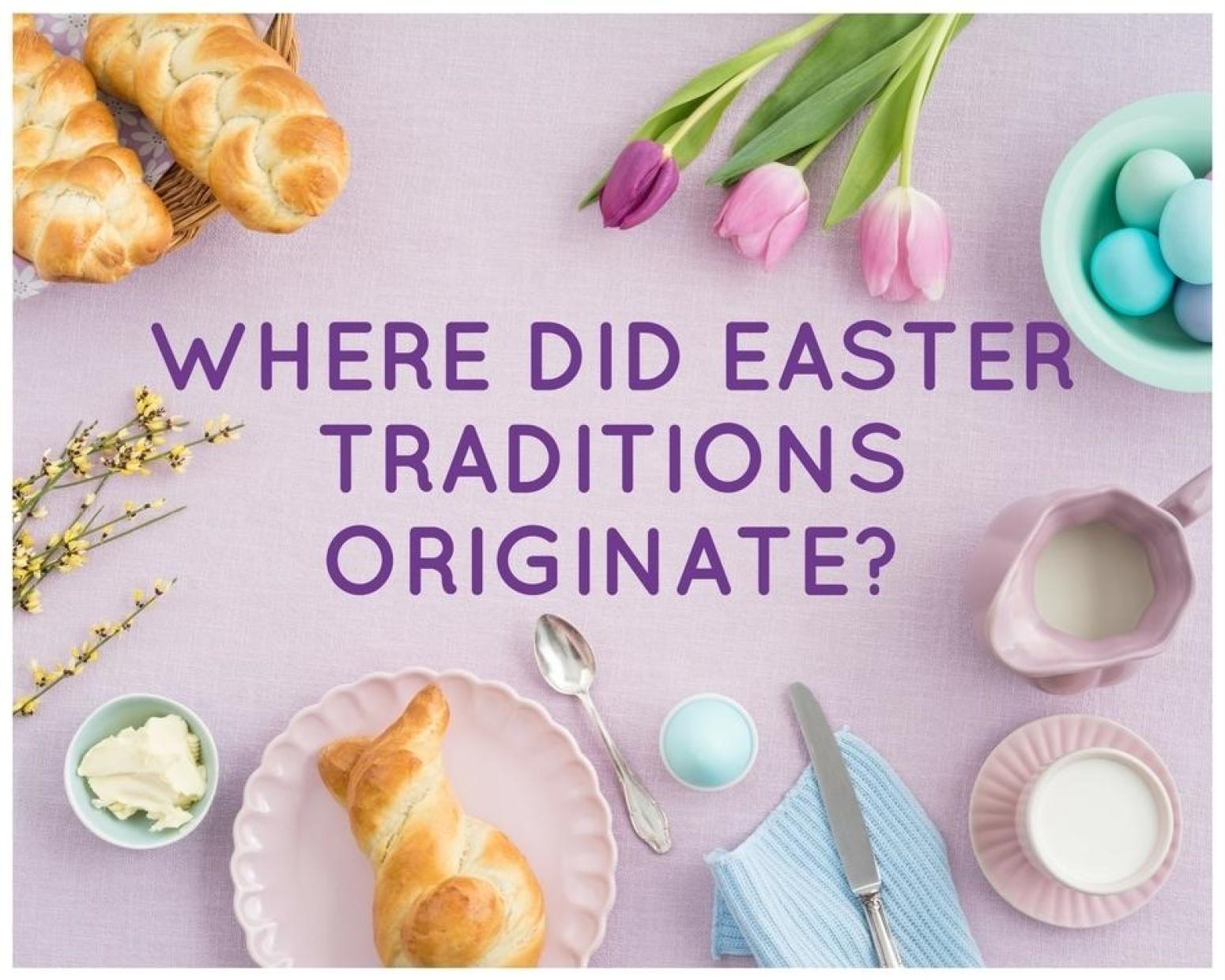Many Easter traditions don’t seem to be directly related to the Christian holiday celebrating the resurrection of Jesus. Despite their lack of appearance in the Bible, many of the widespread traditions have been celebrated for generations. But, have you ever wondered where they originated?
The Easter Bunny
It’s no secret rabbits excel in procreation. Have you ever heard the saying ‘breed like rabbits’? Because of this trait, they are considered ancient symbols of fertility and new life.
Since Jesus rising from the dead symbolizes eternal life, this may be where the association came from. The tradition can be traced back to German settlers whose children would make nests for the ‘oysterhare,’ a hare that would come in the middle of the night leaving colorful eggs in the nest.
The Easter Egg
The eggs might have mostly stemmed from the story of the egg-laying hare, but it also may have significant symbolism.
For pagans, eggs were ancient symbols of new life and often celebrated in the spring. It could be that as Christianity was adopted some of the pagan symbols were adapted according to the new traditions.
It is said that Easter eggs are symbols of the resurrection, specifically the emergence of Jesus from his tomb. For many centuries, animal flesh, as well as products including eggs, were not allowed to be consumed during the Lenten season. The decorating of eggs could have simply been a fun activity to use the excess eggs during this time.
Easter Candy
It wouldn’t be a holiday without candy, right? Easter candy has no religious significance, but many kinds of candy symbolize the Easter bunny, Easter egg, or spring icons.
This is one of the few times of year where chocolate is not the most popular confection sold. In fact, jelly beans and Peeps are some of the most popular, both of which are non-dairy candies. It is possible the popularity of non-dairy candy during this time comes from the lack of meat and dairy previously not allowed during the Lenten season. Chocolate and other goodies were saved for Easter when the penance and fasting were over.
